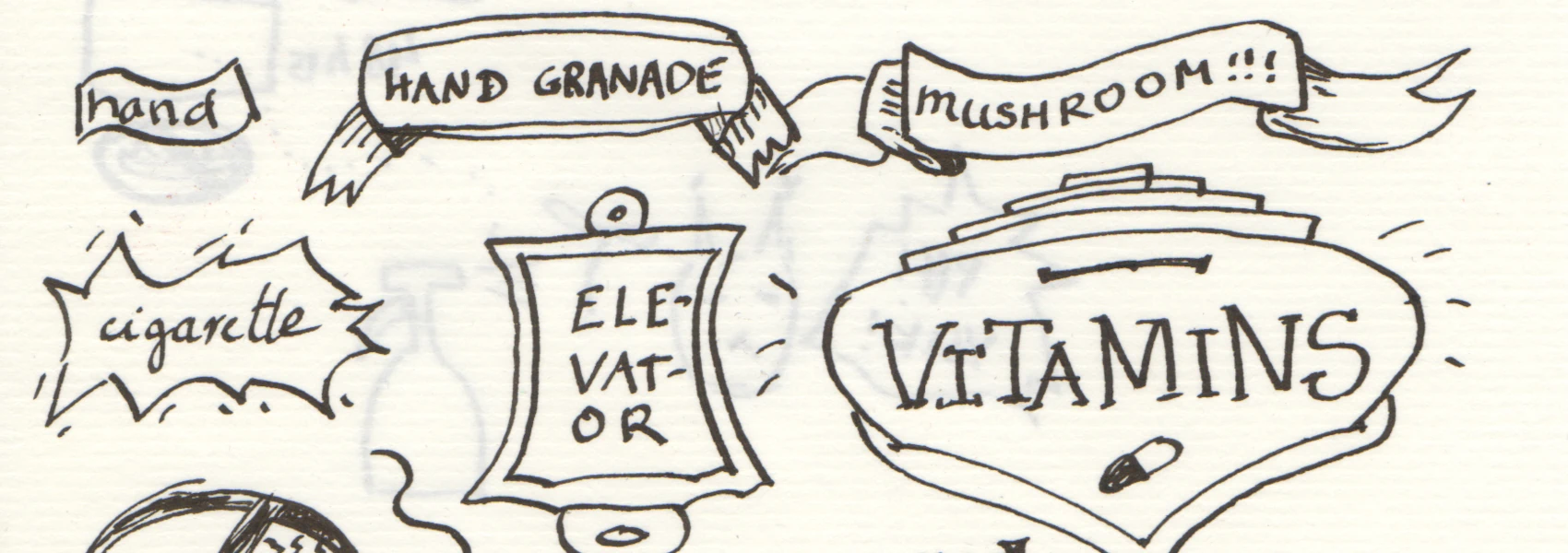A conversation about uterine replicators in Lois McMaster Bujold's work made me curious about the history of the idea of artificial wombs. When do exo-wombs first appear in literature? And when do they first appear as a positive idea? I worked backwards from Bujold to the first mentions I could find.
1986: Shards of Honor by Lois McMaster Bujold #
Shards of Honor is the first book in the Vorkosigan Saga. In that book, and the series that follows, the uterine replicators are a common, and generally positively viewed technology. Most planetary societies that have their shit together technologically gestate children in uterine replicators instead of in a parental body because it's safer. In societies that have fallen behind technologically, like the long-isolated planet Barrayar, people gestate in their bodies and (mild spoiler) it causes problems.
In general, uterine replicators are seen as a matter-of-fact useful and normal tech in the Vorkosigan Saga universe. They lead to certain moral complexities, like any reproductive tech might, but no one blames the underlying technology of the uterine replicator for dastardly uses that someone might put it to.
1976: Woman on the Edge of Time by Marge Piercy #
I haven't actually read this one so I'm going by the Wikipedia summary and mentions in a 2003 academic paper, "In the Womb of Utopia: Feminist Science Fiction, Reproductive Technology, and the Future". Gestation outside of an individual's body is the norm and generally viewed as positive.
1970: The Dialectic of Sex by Shulamith Firestone #
Firestone was only 25 when she published this amazing radical feminist book, and I still can't get over how brilliant she was, and how far-seeing her ideas were. Firestone's book is the first feminist text I've read that seriously proposes artificial wombs as a necessary and good technology. She discusses how difficult and painful pregnancy and childbirth are, and argues that cultural taboos are holding us back from working on artificial placentas.
1932: Brave New World by Aldous Huxley #
In Brave New World, artificial wombs are part of a mechanism of mass control of human life. Not only are children gestated in artificial wombs, they are also clones who are engineered for a particular role in society with a set intelligence, strength, and generally pre-determined status in society. Artificial wombs are definitely portrayed as a negative thing in Brave New World.
Scream into the lacuna, if it helps #
That's kind of a big gap between 1970 and 1932. I don't know who, if anyone was writing about artificial wombs in the gap. I've read a lot of science fiction, including a ton of New Wave where you might think to encounter weird feminist notions and I'm still coming up empty.
I'd love to hear about anything I might have missed. I'm particularly interested in finding any works written by women, and any works that take a positive, or even just neutral view of artificial wombs.
Later works #
I have encountered more artificial wombs in science fiction after Bujold, but not actually that often. For example, it's explicitly called out as an available tech in The Locked Tomb series (2019 onwards). In those books, not having artificial wombs is also taken as a sign of being rather technologically behind. It's one of the many ways we know that the Ninth House sucks. I think it's starting to become a background assumption science fiction tech, like faster than light travel, so it's less interesting to me in recent works unless it's an important feature.
